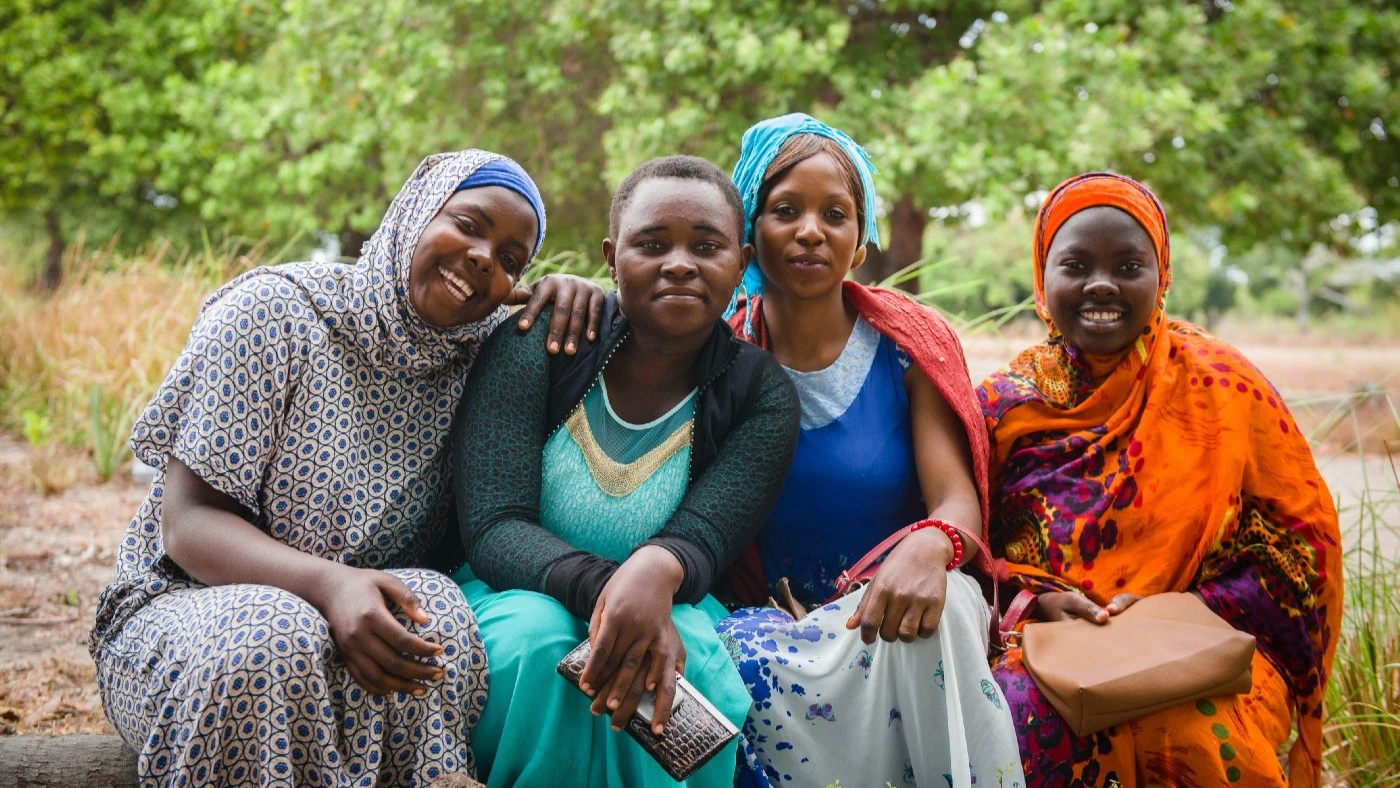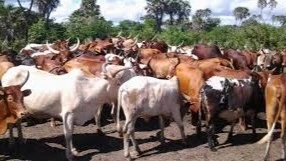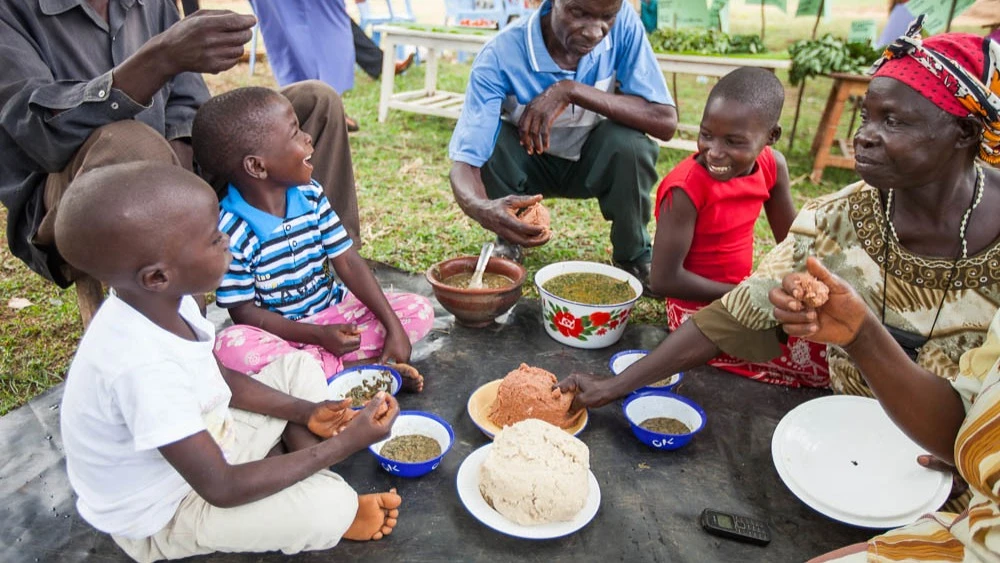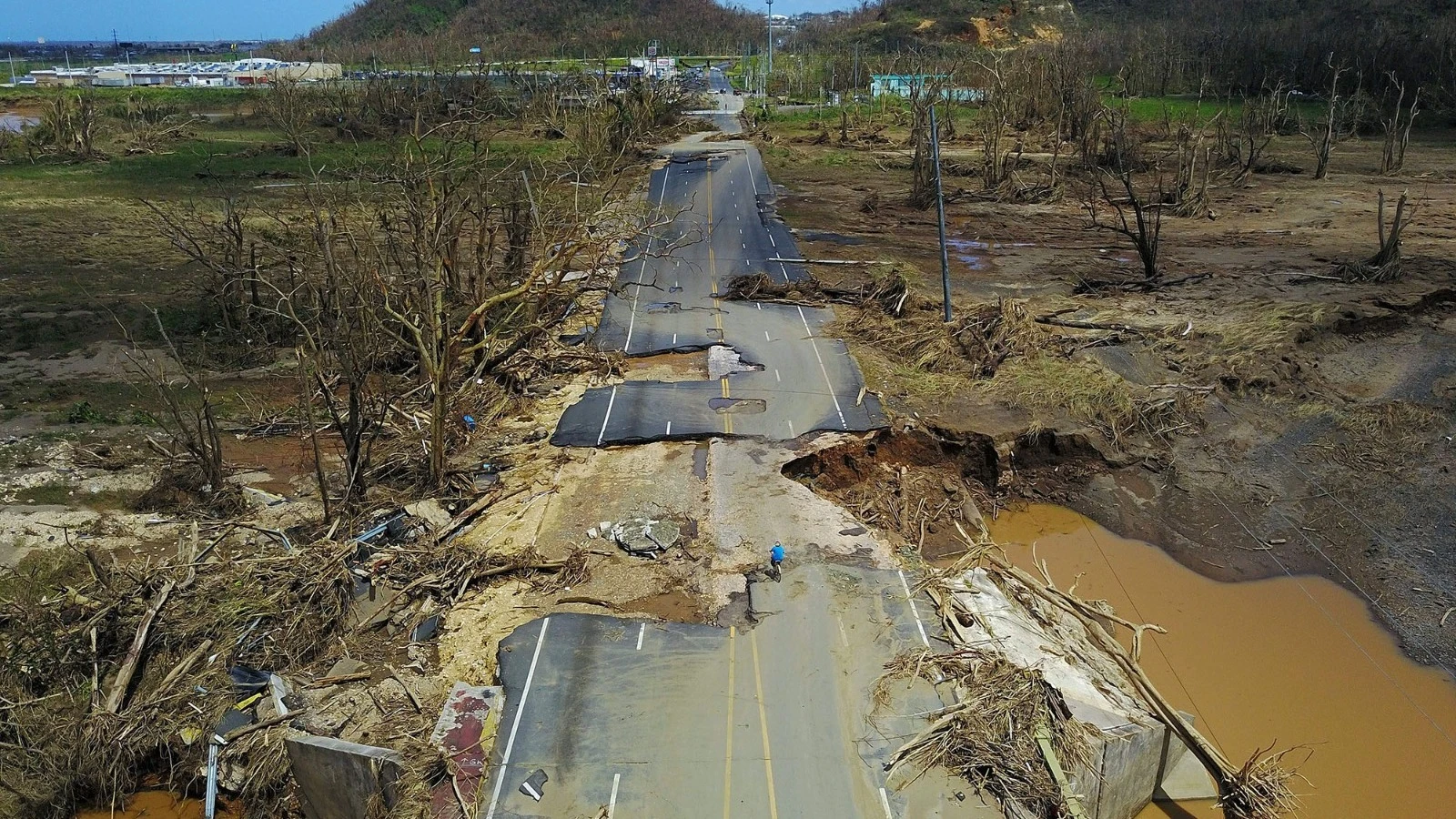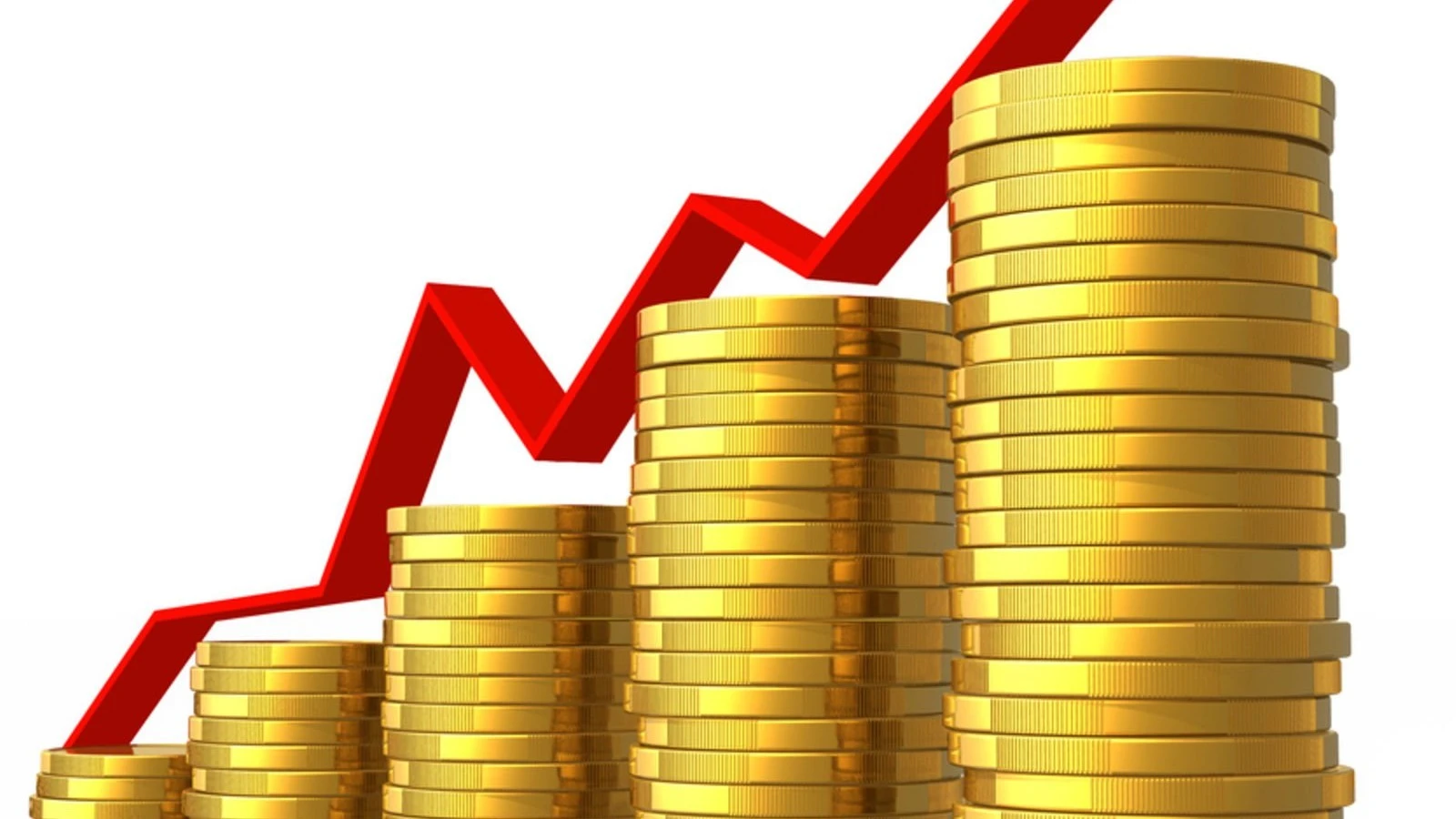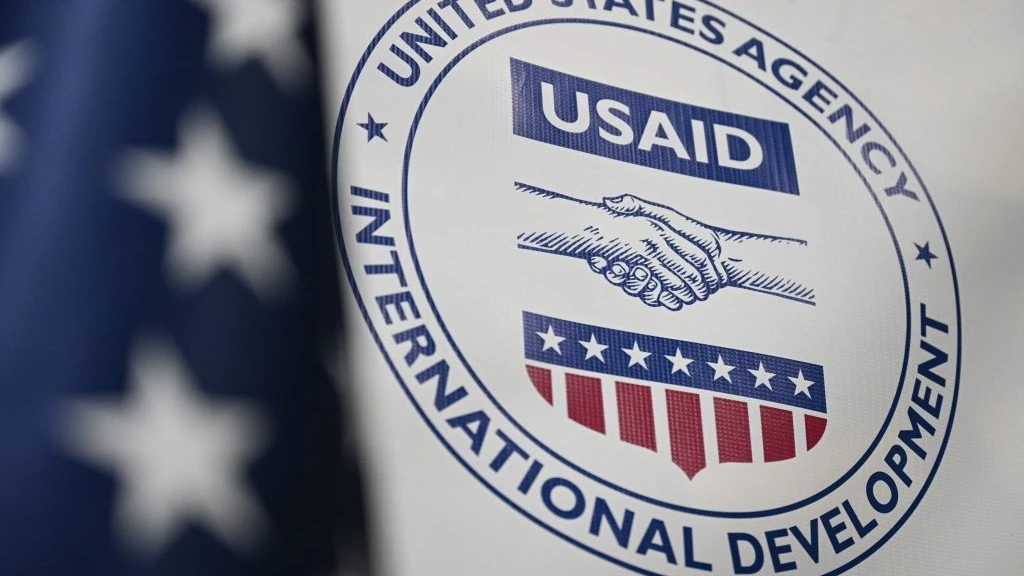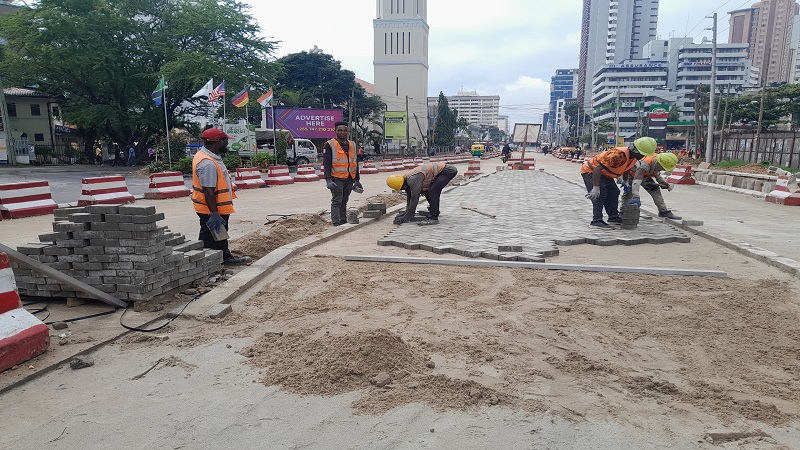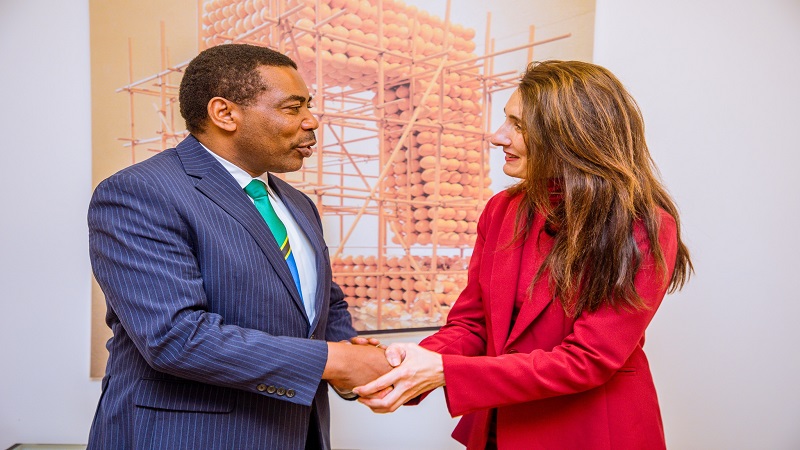How Tanzania fares in global economic freedom index 2025
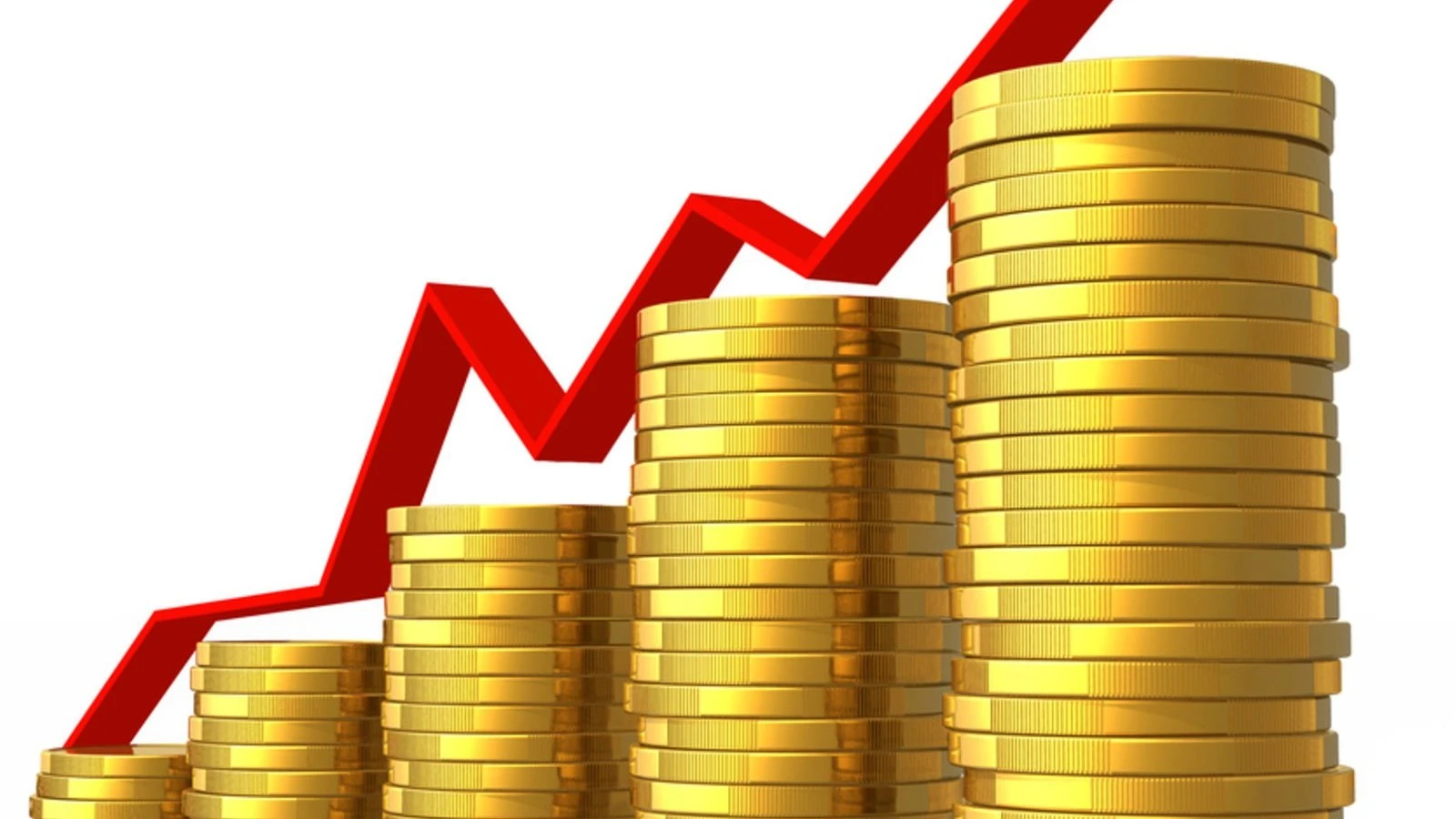
TANZANIA has slipped in the Index of Global Economic Freedom (IGEF, 2025) as this year is rated “mostly unfree” and ranked 92nd out of 176 surveyed economies. Its overall score is 59.3 on a scale of 0-100.
In 2024, Tanzania was ranked 86th of 176 surveyed economies and its overall score was 59.1 and with this score it was also rated “mostly unfree”. However, compared to last year’s score, Tanzania has moved up 0.2 point, although its ranking shows to have slipped from 86th (last year) to 92nd (this year).
In 2023, Tanzania was rated “moderately free” as its overall score was 60.0, while in 2022, it was ranked 93rd out of 177 surveyed economies, but its overall score was 59.5. With such a score it was also rated “mostly unfree”, but its score was up by 0.2 point, compared to this year’s score.
A surveyed country is rated “free” if its overall score is from 80-100, “mostly free” if its overall score is from 70-79, “moderately free” if its overall score is from 60-69.9, “mostly unfree” if its overall score is from 50-59.9, or as “repressed” if its overall score is from 0-49.9.
This year, only three economies are rated “economically free”, namely Singapore, which is ranked 1st (with the overall score of 84.1), Switzerland is ranked 2nd (with the overall score of 83.7), and Ireland is ranked 3rd (with the overall score of 83.1).
Key findings of IGEF 2025 show that the world economy, taken as a whole, remains “mostly unfree” as the global average economic freedom score increases by 1.1 points to 59.7 from the previous year’s 58.6 points.
“Globally, fiscal soundness has deteriorated significantly. Rising deficits and mounting public debt in many countries have undermined and likely will further undercut their overall productivity growth and lead ultimately to economic sluggishness rather than vibrant growth,” says the IGEF report.
The Heritage Foundation, a research and educational institution-based in Washington DC, rated 176 surveyed economies measured in 12 aspects grouped into four main categories of economic freedom, namely 1) the rule of law (with three aspects: property rights, judicial effectiveness, and government integrity), 2) government size (tax burden, government spending, and fiscal health), 3) regulatory efficiency (business freedom, labour freedom, and monetary freedom), and 4) open markets (trade freedom, investment freedom, and financial freedom).
Kevin Roberts, President of The Heritage Foundation, says: “As we show year after year in the Index of Economic Freedom, an annual flagship publication of The Heritage Foundation, countries that support free markets, rule of law, private property, and limited government experience more prosperity, better education, and healthier environments.” He suggests that these countries also tend to produce better jobs, better goods and services, and better societies.
“The imperative to advance economic freedom and revitalise vibrant entrepreneurial growth is stronger than ever,” he stresses.
As a global outlook, the IGEF report says on average, rule of law scores are the lowest on a scale of 0-100. “This reflects the corruption of government institutions in many countries. Without a robust rule of law, business owners and entrepreneurs find it difficult to know what to expect, and their economic decisions are more rolls of the dice than decisions based on reliable information.” It says the results of the 2025 Index of Economic Freedom demonstrate that by building on what works, countries can accelerate their progress against even the most difficult challenges and chart ever greater economic success.
It says the weight of the cumulative evidence is clear: economic freedom, buttressed by the rule of law, fiscal responsibility, market openness, and sound regulatory environments, remains the surest pathway to resilience and prosperity.
“Free markets and free enterprises, sustained by economic freedom, stimulate both the innovation and the practical solutions that are necessary for progress and sustainable recovery in all areas of human endeavour, thereby enabling better jobs, better products, and healthier, cleaner, and safer societies for all.”
These global rankings can inform decision-makers to invest more in areas which still need improvement, rather than take them negatively. In light of this, the IGEF report suggests that vibrant and lasting economic growth is most likely to occur when governments implement policies that enhance economic freedom and empower individuals with greater choices and more opportunities. “Advancing economic freedom is the surest way to facilitate dynamic economic expansion and is, therefore, likely to be the surest path to true progress for the greatest number of people.”
This is an area Tanzania can invest in to accelerate economic growth by empowering its people with greater choices and more opportunities that can make them move in the right direction towards economic freedom. Thus, putting an enabling environment is extremely important for the people to make the best out of the situation they find themselves in.
Today’s quote: “A society that puts equality…ahead of freedom will end up with neither equality nor freedom…a society that puts freedom first will, as a happy by product, end up with both greater freedom and greater equality.”
· The author is a Dar es Salaam-based lawyer. He can be reached at t22magobe@gmail..com
Top Headlines
© 2025 IPPMEDIA.COM. ALL RIGHTS RESERVED












